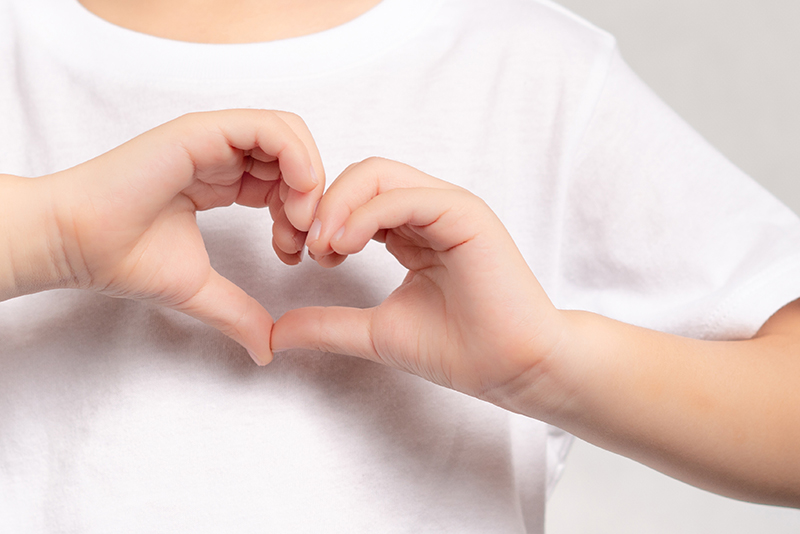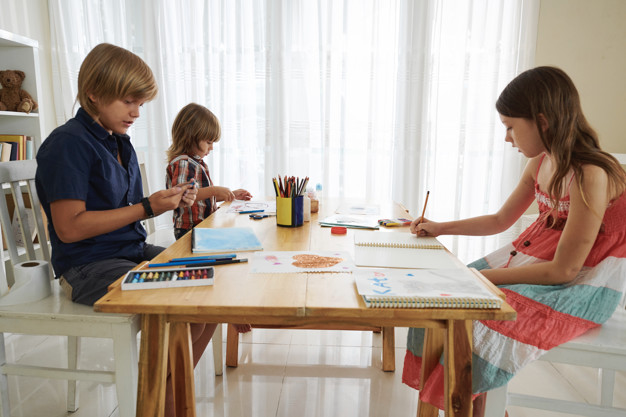When there is demand we aim to run specialist support groups for children who have a mother in prison, children who have no contact with the parent who is in or has been to prison, and children who have parents who are detained under the mental health act.
Children with a Mother in Prison
Around 17,000 children are separated from their mother every year in the UK due to parental imprisonment. We know that these children are particularly marginalised, even within our groups, because it is far less common to have a mum in prison than a dad. These children face their own set of challenges. They are:
- more likely to live with their grandparents after the imprisonment
- more likely to have had to move from their home, after their mother went to prison
- more likely to have had to move school, after their mother went to prison
- more likely to have to travel for long distances to access a prison visit
This report, “What about me” was written by our board member Sarah Beresford discussed the impact on children when mothers are involved in the criminal justice system.

The Benefits
Children who do not have contact with their parent who is in prison or who has been to prison
For safety reasons many children and young people cannot have contact with a parent when they are in prison, or even after they have been released. This can be incredibly hard as these children often suffer with ‘ambiguous loss’.
Ambiguous loss is a loss that occurs without closure or clear understanding. This kind of loss leaves a person searching for answers, and thus complicates and delays the process of grieving, and often results in unresolved grief.
Other children and young people might choose for themselves that they do not want to have a relationship with a parent. There might not be any formal restrictions imposed by statutory services, but the child might decide that they want to either have a break from the relationship or end the relationship in order to protect themselves. Some children in this position feel relief when the relationship comes to an end as they are now more able to focus on their own mental health and personal growth. However, this feeling of relief is often mixed with feelings of sadness and inner conflict.
The current research on how these children and their families cope is entirely lacking. We have therefore instead asked one of our children to share a few words about his own experience:
Aaron’s story: Hi my name is Aaron and my father is in prison and I have no contact with him. For me, it is very difficult at times and very emotional because I can’t tell him anything about myself. I know that sometimes you can feel like ‘a castaway’ and left out. It can be hard to see other kids with their dad’s when you can’t be with yours. However, I want you to know that there is a lot of us that have been through this and are going through it. We are all very supportive of hearing your story and can help you through your struggles without judgement. You are not alone.


The Benefits
Children with parents detained
under the mental health act
The Mental Health Act (1983) is the main piece of legislation that covers the assessment, treatment and rights of people with a mental health disorder. Most parents who have been detained, also known as ‘sectioned’ under the mental health act have not committed a criminal offence. However, people detained under the Mental Health Act need urgent treatment for a mental health disorder and are at a risk of harm to themselves or others.
The challenges for C&YP with a parent detained under the mental health act are very similar to those that children of prisoner’s face.
- They may have witnessed the police coming into their home to take their parent to hospital and this might have been against their parents will, so this could have been quite distressing to see.
- They may have witnessed their parent acting in an alarming, violent, or bizarre manner, which is might be traumatising for the child.
- They normally have the right to visits, but different hospitals have different visiting regimes and restrictions might apply or the visits might not always be child friendly.
- Children and young people can feel very worried about their parent’s well-being, both whilst they are in hospital and after they have come out of hospital in case they become unwell again.
- There is practically no specialised support for children with detained parents.
We therefore bring together small groups of children who have parents who are, or have been detained under the mental health act to share their experiences and feelings in a safe space to reduce feelings of isolation and to explore healthy coping strategies.


The Benefits
ARE YOU IN NEED OF SUPPORT?
Please complete our short online form and we will be in touch very soon

